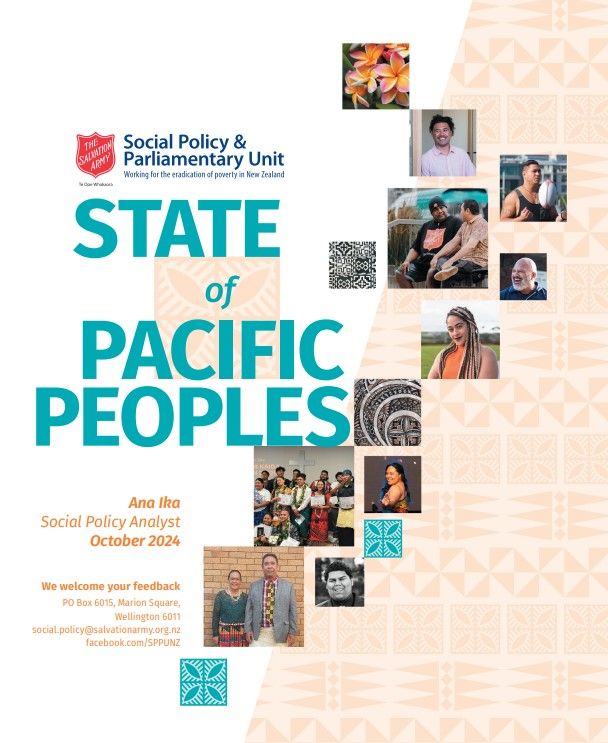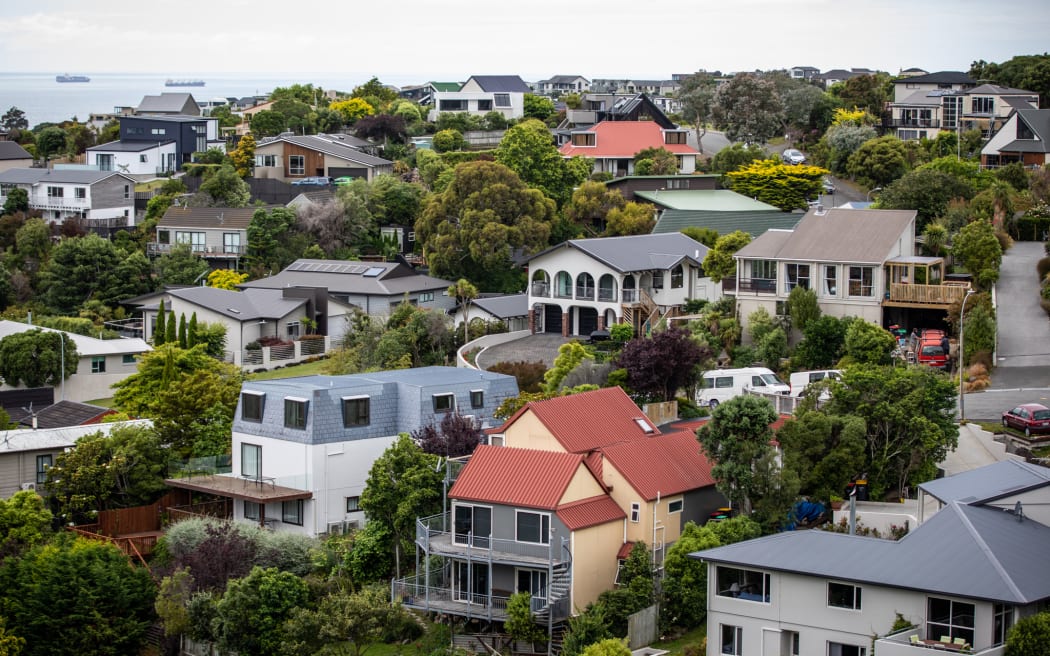

Social Policy analyst Ana Ika says that the latest State of the Pacific Peoples is not just another piece of research but an offering to the Pacific community to support further progress. Photo / PMN News
Pacific People’s report: Employment rises but housing crisis hurts families
The Salvation Army's new report offers a decade-long snapshot of the Pacific community, showcasing significant progress but also highlighting ongoing challenges.




Heading off on a roadie? Here’s how to keep your car and whānau safe




Heading off on a roadie? Here’s how to keep your car and whānau safe
Pacific people are disproportionately impacted by the housing crisis, but there’s also heartening signs of improvement in employment, youth suicide and crime statistics, a new report shows.
The Salvation Army's State of the Pacific Peoples report highlights a decline in unemployment and crime rates within Pacific communities while exposing ongoing challenges in child poverty, education, and family violence.

Salvation Army State of Pacific Peoples report released today offering insight into Pacific communities over the past decade.
Social Policy analyst Ana Ika, who authored the report, says at the heart of these issues lies the deepening housing crisis, which disproportionately affects Pacific families.
“This report is ultimately an offering to our communities to put into their kete of knowledge and see how we move forward together,” says Ika.
The report examines five key areas: Children and Youth, Work and Income, Housing, Crime and Punishment, and Social Hazards.
Ika says Pacific communities have made impressive strides in some areas over the past decade.
The youth suicide rate has dropped by more than half, Pacific employment has nearly doubled over the past decade, while youth offending decreased by two-thirds.
"Despite these gains, challenges like child poverty, housing instability, and educational disparities continue to impact the well-being of Pacific families. When one of these critical needs is unmet, it triggers a ripple effect, slowing progress in other areas."
Since 2019, more than 5000 children have moved out of material hardship, yet the number of Pacific children in hardship has risen by nearly the same amount.
With rising child poverty targets, an estimated 23,000 children could be left behind, many of whom are likely to be Pacific. School attendance has dropped sharply, with only 20 percent of Pacific students achieving University Entrance.
Ika questioned how we can better support Pacific families.
“There's a whole myriad of factors.

Social Policy analyst Ana Ika, who authored the report, says at the heart of these issues lies the deepening housing crisis, which disproportionately affects Pacific families. Photo: RNZ / Nate McKinnon
"The underlying issue that underpins a lot of the issues that we see come through our front doors is around housing, housing instability, housing inefficiencies, and the financial hardships that many of our families face."
In areas with significant Pacific populations, such as Cannons Creek North (Wellington), rents have risen by 110 percent over the past decade, while Favona North (Auckland) has increased by 71 percent, making private rentals unaffordable for many.
“The reality is you have to pay your rent, you have to pay your power bill, but you don't have to give money to the supermarket. The supermarket doesn't care. That means food is often the first thing that goes.” says Ika.
It’s all interlinked as inadequate and unaffordable housing leads to financial hardship and frequent relocations, resulting in transient children, she says.
Although average earnings for Pacific people have risen, they are still almost $10,000 below the national average, and Pacific households have the lowest disposable income of any ethnic group.
Hazardous drinking and drug use have risen over the past decade, with Pacific communities increasingly impacted by gambling harm.

Photo / RNZ
“With targeted investment in key areas like housing, education, gambling, workforce development, as well as alcohol and harm minimisation, we can make lasting improvements for Pacific communities across Aotearoa.”
Ika highlights the importance of providing context for financial data, especially regarding cultural obligations like "fa’alavelaves" (family contributions), to help those unfamiliar with Pacific practices avoid misunderstandings.
The State of Pacific Peoples report is designed to inspire solutions, not reinforce negative stereotypes.
“Pacific communities are an integral part of Aotearoa, and our collective future depends on addressing these challenges together.”
Ika says writing the report was challenging as her other work, like the Salvation Army’s State of the Nation report, addresses on the entire country, whereas this publication focuses solely on issues relevant to Pacific families, including her own.
LDR is local body journalism co-funded by RNZ and NZ On Air.
